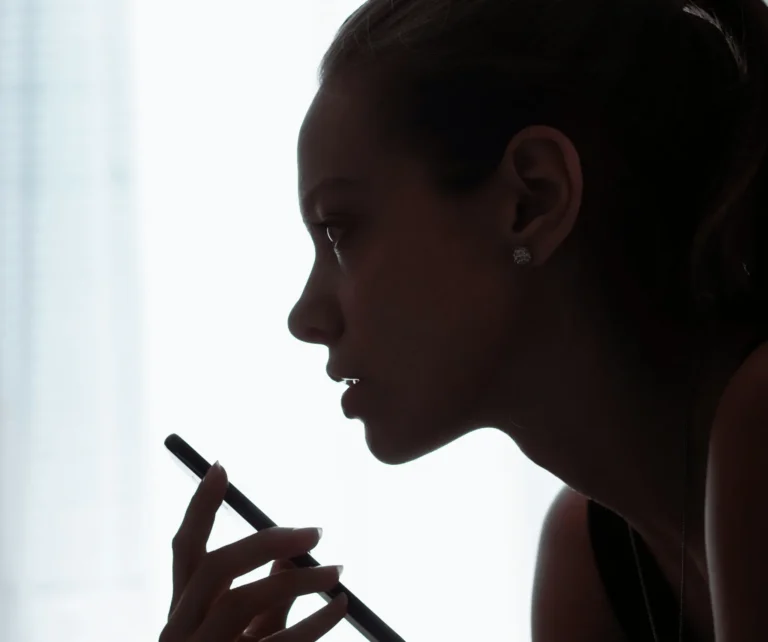Should you trust your colleagues? Should you have faith in educators? Do your students even want to do the right thing?
But first, let me explain the British TV program Golden Balls. It was a standard afternoon game show. There was a sappy host, a glittery stage, and lots of flashing lights. The show had a strong run with some two million viewers in the late 2000s, and the contestants came from a variety of backgrounds. One worked as an accounts manager. Another as a medical secretary. Some were young men, and others were middle-aged women. All of them dreamed of taking home the show’s jackpot, which could be as much as $175,000.The show itself was a mash-up of Deal or No Deal and Survivor. In the last round, the two most successful contestants would sit in the middle of the brightly-lit stage and compete face-to-face in a game called Split or Steal.
The Lessons of Split or Steal.
The basic premise of Split or Steal was this: If the players worked together, they would share the jackpot. If one player cooperated and the other player betrayed, the double-crosser would keep the jackpot for himself. The twist was that if both players double-crossed the other, then neither of them would get anything. Or, as the show’s host would say to the players in a deep voice: “You go home with nothing.”
To get a flavor of the game, imagine for a moment that you’re playing Split or Steal for a jackpot of $100,000. The overhead lights are hot and bright. Your hands shake with anxiety. Everything seems loud, almost neon, and so you take some time to mull your options.
If you work with your partner, and if you cooperate with him or her, you might take home $50,000. That’s a lot of money. More than enough for a new car.
But how do you know if your partner will work with you? After all, your partner is also probably dreaming of a better car. What’s going to keep that person from betraying you? There’s really nothing holding your partner back from double-crossing you. There are no laws against being nasty to someone else on a television game show. Put simply, there doesn’t seem to be any good reason to trust your partner.
What’s more, if you betray your partner and manage to double-cross him or her, you will take home $100,000, and with that sort of money, you could make a down payment on an oceanside condo in Florida.
So what do most people do? In a real-world test of trust and cooperation, do individuals show any faith in strangers? If hundreds of thousands of dollars are on the line, do most people do the right thing?
We’re born with an innate faith and connection to others.”
A few years ago, two economists, Donja Darai and Silvia Grätz, tried to answer these questions, and what they found was surprising. It turned out that most of the people who played Split or Steal trusted each other. Despite the fact that the logical thing to do in the game was to betray the other person, more than fifty percent of the contestants showed a sense of faith in their partner.
What’s more, one of the best predictors of whether the players worked together was the degree to which they had some sort of meaningful connection. If the two people talked about cooperating, and if they made a clear and concrete promise to help each other, they were far more likely to trust. In fact, a conversation between the two players remained a powerful predictor of cooperation, even after considering factors like gender, where the individuals grew up, and even their previous history of betraying others.
What was the only thing that made the bond between the players stronger? If they shook hands or hugged each other. In other words, the only factor that made a verbal connection stronger was underscoring it with a physical connection.
If you read a lot of blogs, if you watch a lot of YouTube, and if you pay attention to game show hosts, you might believe that you’re never supposed to put your faith in a stranger. After all, people are not supposed to be trustworthy.
This notion is widespread. Theologians argue that we are born into sin. Business leaders say that selfishness is good. Or take the Split or Steal study. When I reached out to Donja Darai in her office at the University of Zurich, she told me that “the standard economic theory is that people are only interested in maximizing their own profit.” Put simply, people playing the game should always just look out for themselves. But, she added, “That’s clearly not the whole story.”
Build To Trust.
In fact, that’s far from the whole story, and it turns out that we’re born with an innate faith and connection to others. Cooperation is something that can become part of our unconscious brain—something that can be triggered with something as negligible as a handshake—and we’re often much nicer than we think.
In experiments that measure trust and trustworthiness, for instance, around 50 percent of people will show faith in strangers, and most people are reliable and gave some money back. In another series of studies involving American college students, neuroeconomist Paul Zak has found that as many as 90 percent of subjects will trust people that they didn’t know and around 95 percent of those subjects were trustworthy.
We’re not endlessly faithful, of course, and what’s often most important is our social connections. Our sense of culture, our emotional bonds, to others, turn out to be crucial to who we trust and learn from. We’re emotional reasoning creatures. We see this in the Split or Steal study, where people who lived outside of London were more trustworthy than people who lived in the city.
We see this in other trust experiments, too. When psychologists recently played a version of the Split or Steal game with adults who had been brought up in single-child households in China, they found those people to be less trusting than the people who grew up with siblings. China’s one-child policy “has given rise to a land of ‘little emperors’ whose parents dote on them exclusively,” the authors concluded.
We Are Social Creatures.
This is important because education is deeply social. We learn a lot from others. From modeling to social pressures, other people make a tremendous difference in how and when we gain skills and knowledge. Indeed, our friends and colleagues are actually more important than teachers when it comes to sparking a desire for learning.
I wrote a book about this topic some years ago called The Leap. Over the coming weeks, I thought that I’d pull out some of that writing from that book and set it within a learning and education context. This isn’t standard journalistic practice, but I do believe that far more needs to be done to take advantage of the social side of education.
More exactly, our deeply cooperative nature offers an important way to improve schooling, and I hope this series gives insights into how we can leverage our deeply social ways.
—Ulrich Boser
This text is adapted from my book The Leap. Over the coming months, I’ll be running a series on the social nature of education — and learning.
Learning Expert Pooja Agarwal Views
Importance of goal taking, emotions and reflection by Paul Rivas
Importance of Social and Emotional learning by Winsome Waite



